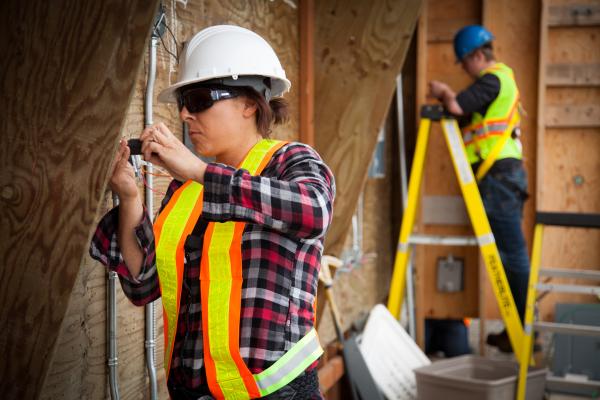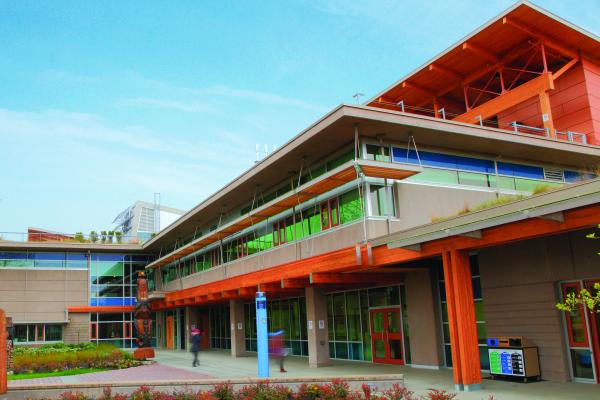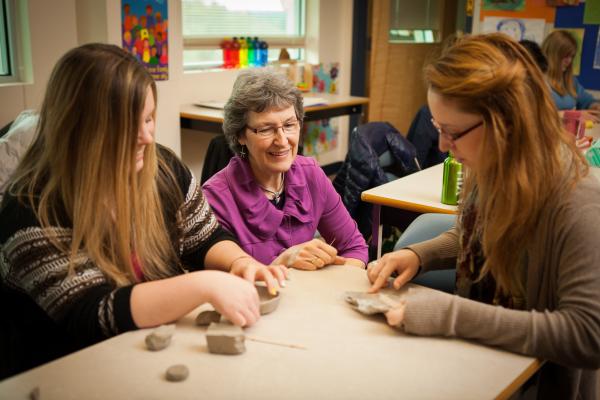Courses and Programs
More Information
Employee Training
Purchase seats for your staff in any of our courses in two ways:
- with VIU's Application for Sponsorship form for 1-5 individuals
- for larger groups, a service agreement will be required. Please contact pdt@viu.ca for more information.
Benefits
- Ensure your staff gets timely standardized training
- Obtain cost-effective, efficient upgrading
- Add or remove seats up to 10 working days in advance
- Replace any employee - right up to the course date
- Your company will be invoiced for your employees’ tuition
BC Employer Training Grants
Did you know that your business or organization may be eligible for a training grant from the government of British Columbia? There are four funding streams that your organization or business may qualify for including:
- Foundational Training
- Technical Training
- Workforce Training
- Employment Transition Training
Learn more about BC Employer Training Grants
Professional Development and Training is always looking for new instructors. We welcome proposals from people interested in sharing their skills, interests and expertise with our community by teaching Professional Development and Training courses.
Step One
If you are interested in teaching a course, we invite you to provide the following:
Please email us your resume (email PDT@viu.ca) and indicate whether you would like to teach an existing course, have an idea for a new course or would like to be on our roster of instructors for future opportunities and contract training.
- If you have an idea for a new course, please fill out the Course Proposal Template, which includes the following:
- Course title
- Brief description of the content/objectives to be covered
- Description of who the potential participants might be
- List of required resources, supplies, software and hardware requirements
- Length of the course (number of sessions or hours)
- Outline of class sessions
- Your phone number, mailing and email address
Submit your proposal to the Vancouver Island University, indicating that it is a new course proposal and email it PDT@viu.ca.
Note: Course descriptions may be edited for marketing purposes. You may find it useful to review our current courses on our website. It will give you an idea of the kinds of programming we offer, what is already available, and where you might have something new to contribute.
Step Two
Your proposal will be reviewed by one of our Program Coordinators who will contact you during our upcoming planning period. In reviewing course proposals, Program Coordinators consider:
- Potential market demand
- Fit with other related courses we are offering
- Uniqueness versus availability of similar courses in the community
- Timeliness and relevance of the content
- Instructor qualifications
- Input from our advisory groups
Course Planning Periods
- Fall Semester - September 1 to December 31
- Spring Semester - January 2 to April 30
- Intersession Semester - May 1 to August 31
If you would like more information please contact a program coordinator or Contact Us for a list of staff.
Withdrawal Policy
View our withdrawal policy for professional development and training courses.














